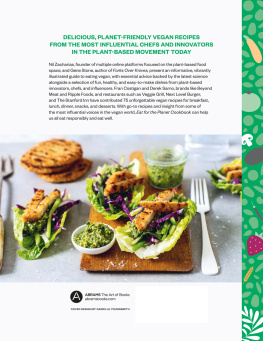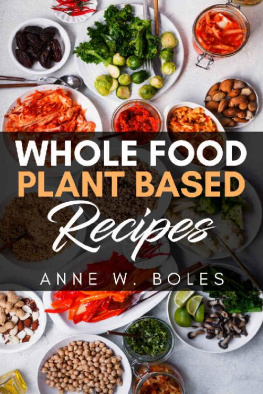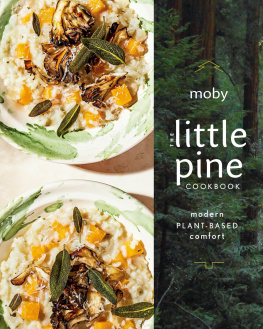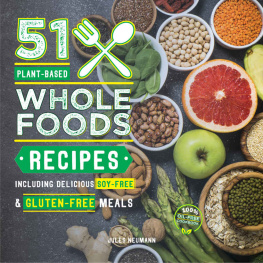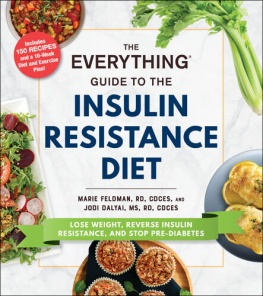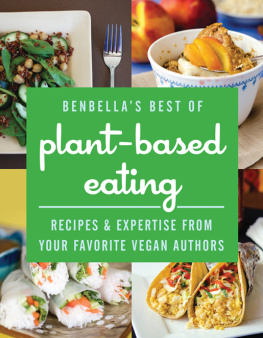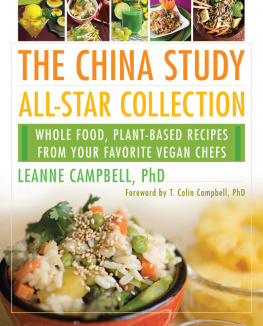Contents
Guide
Page List
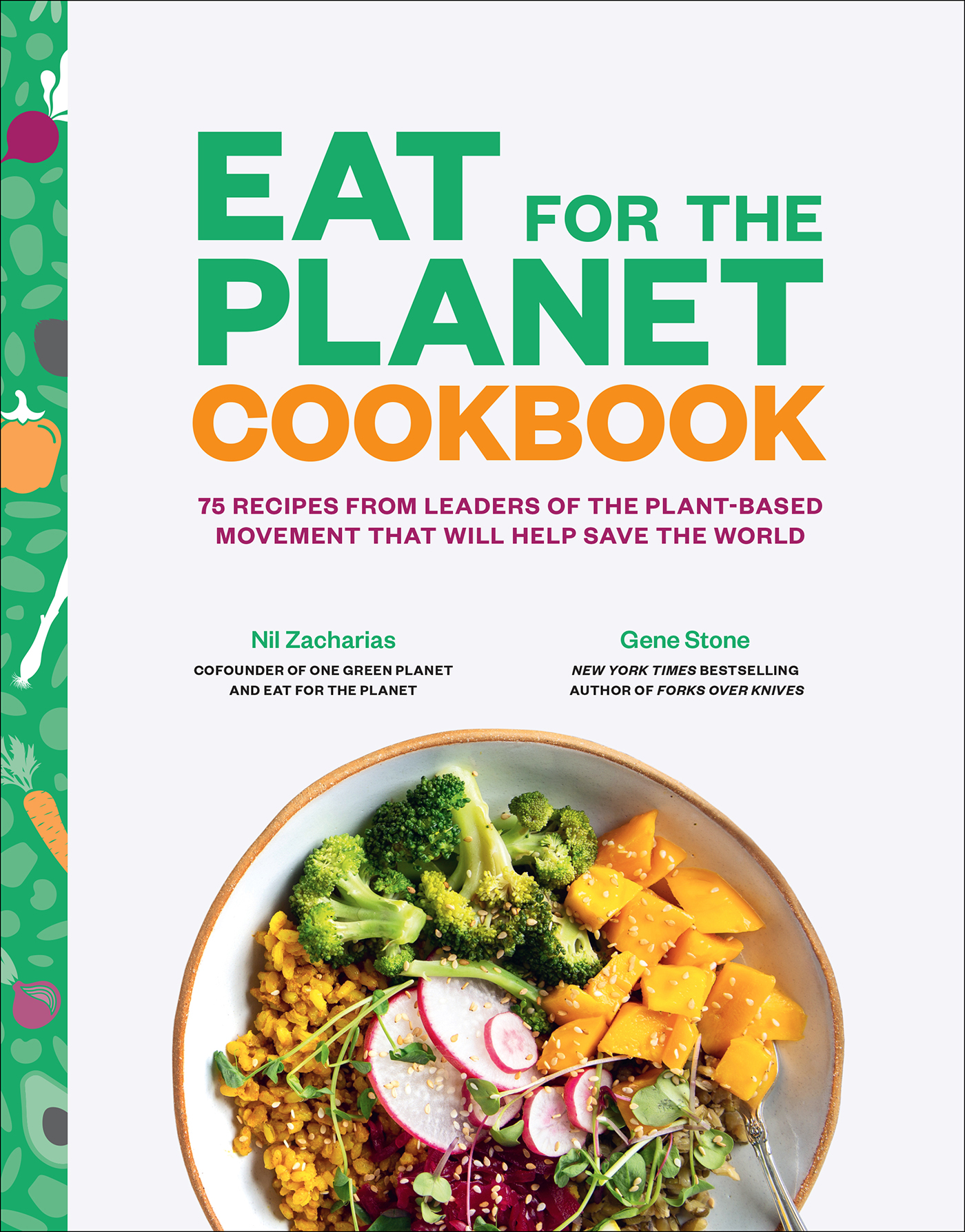


Contents

In 2018 we published a book called Eat for the Planet to show people that our current food system, dominated by industrial animal agriculture, is quite possibly the most destructive industry on the planet. Industrial animal agriculture is not only the leading driver of climate change, but it is also responsible for air and water pollution, land degradation, and deforestation and is pushing several species to the brink of extinction.
But Eat for the Planet was designed to be far more than a book about doom and gloom. As stunning as much of the scientific research was, we wrote the book to help people understand that we still have a fighting chance, if we can manage to kick-start an urgent global sustainable food movement.
The book presented the straightforward idea that the real battle for the future of our planetand the future of the human raceis being fought on our plates, multiple times a day, with every food choice we make. We articulated why humanity urgently needs to shift our diet away from industrial meat, dairy, and eggs toward a more plant-centric diet and presented the reader with a simple road map of how to bring about this change (moderate your consumption of animal-based foods, replace pantry and refrigerated kitchen staples with plant-based versions, and embrace whole plant foods).
While the road map was a great starting point, we realized that people needed more guidance as they embarked on this new path, and so we created the book you are now holding in your hands. But we didnt want this to be just another cookbook that showcases a few great recipes. Instead, we wanted to create a resource that captures the full depth and breadth of sustainable plant-based cooking.
To achieve this goal, we sourced recipes not just from leading plant-based chefs, but also from food brands, restaurants, and influencers who are on the cutting edge of culinary experimentation and food innovation. By doing so, we knew we would not only have a valuable cookbook with wonderful recipes, but we could also showcase the extensive array of emerging talent, products, techniques, and voices that make up the growing, sustainable plant-based food movement. While this shift in how we eat often starts in our kitchens, it is being propelled forward by an entire mission-aligned ecosystem of companies and experts who have just the advice (or product) you need to make eating plant-forward convenient and delicious.
When we asked these leaders in the plant-based revolution if they would create brand-new, mouthwatering recipes to help you start your own revolution in your own kitchen, they all responded with a resounding Yes!
The resulting book will help you change your food habits, soothe your cravings, and forge a new identity as someone who truly cares about food and the planet!
First, we get your appetite (and motivation) going with a quick primer on why you need to eat for the planet, and then explain exactly how you can prepare your kitchen for plant-based cooking, including details on how to stock your pantry, refrigerator, and freezer, time-saving strategies, batch-cooking techniques, ingredients and equipment basics, and other tips.
We then dive into the food, featuring drool-worthy recipes for breakfast and brunch, appetizers, soups, stews, salads, and sides, wraps, burgers, tacos, pasta, and last but not least, desserts. Weve also seasoned the recipe pages with critical environmental facts and infographics that serve as reminders on why shifting away from meat, dairy, eggs, and seafood and bringing plants to the center of your plate is the single greatest step you can take to have a positive impact on the planet and future generations.
We are proud to present to you more than seventy-five extraordinary recipes from people who care about food and everything that our food choices represent. We suspect that before long, youll be putting your own unique twists on these recipes, experimenting with new spices and ingredients, reading up on some of the contributors work, and maybe adding in a little bit of your own grandmas secret sauce. We encourage you to make the recipes your own and share them with the world. Eating plant-based is remarkably easy because the food is healthy, fun to make, and so incredibly tasty youll wonder how you ever ate without this book. Best of all, each bite you take helps the planetwhat more can you ask for in a meal?


Compared to the age of our planet4.5 billion yearsthe 200,000 years of human existence are barely a blip. Dinosaurs roamed the Earth for approximately 170 million years, and jellyfish are still going strong after appearing some 500 million years ago. While humankind barely registers in geological time, we have already fundamentally changed the composition of our planetand not in a good way.
The most obvious reason is population growth: It took nearly 200,000 years for the human population to reach 1 billion, but only 200 more years for it to reach 7.5 billion. In that short period, technology evolved and hand-driven methods of extracting resources from the Earth were replaced with machine-driven methods. As humans began extracting ever more resources from the environment, we had little notion of our effects on planetary ecosystems. Consider this: We are just 0.01 percent of all life on Earth, but we have been responsible for the destruction of 83 percent of wild mammals.
You might think the main reason for this is the steady march of urbanization or development, but the single greatest cause of our environmental destruction is the food we eat.
Over the past two centuries, agriculture has been completely transformed, with humans turning farms into factories with one simple goal: to produce massive quantities of meat, eggs, and milk at the lowest possible cost. Global meat production has increased fivefold since 1950, in the process engorging our land with soybeans, corn, barley, and other crops meant solely for livestock. With the worlds population expected to reach nearly 10 billion by midcentury, todays version of animal agriculture will soon push our planets finite resources to the brink.
This is already happening. You likely know that 71 percent of our planet is covered with water, but did you know that nearly half the land is occupied by farm animals and the crops grown to feed them? In comparison, we occupy just 10 percent of the worlds land. And as the human population grows, the farm animal population must grow as well to keep up with the demand for meat and dairy.
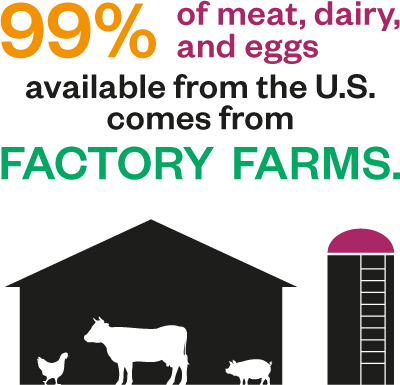
Today more than 20 billion farm animals are on the planetmost confined to tiny cagesand are destined to be or produce food for us. Feeding these 20 billion animals is a monumental task that is stressing our resources to the breaking point. Thirty-three percent of the Earths arable land is devoted to growing food for animals. We need so much land because raising animals for slaughter is incredibly inefficient.

